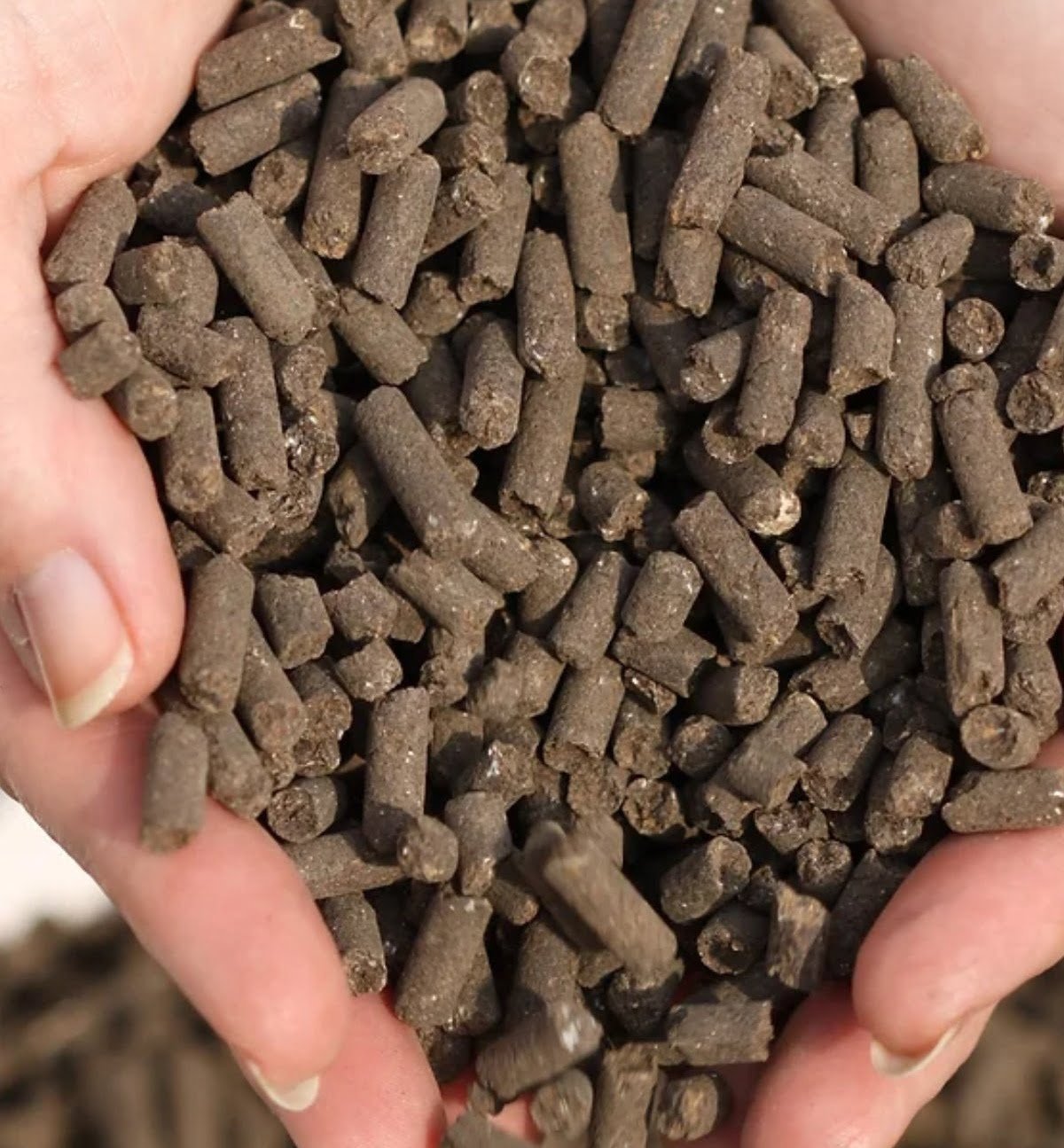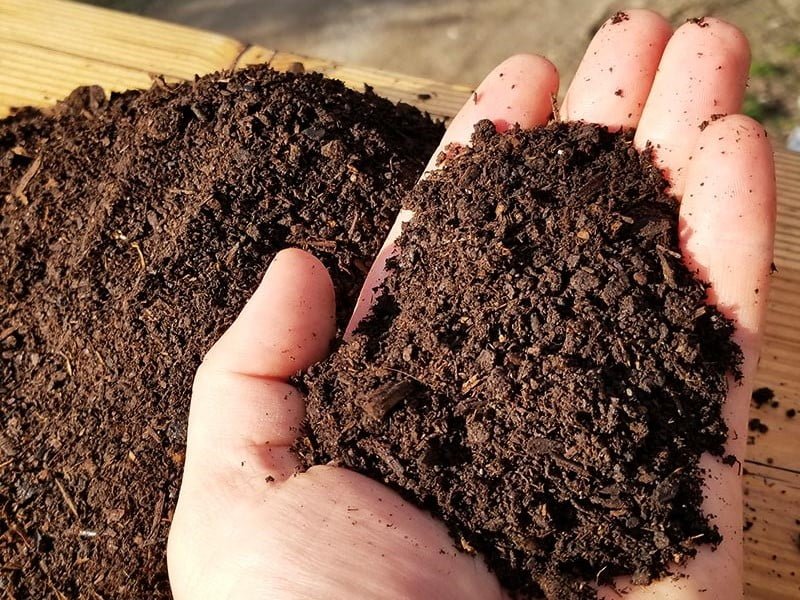Unlock the secrets to transforming your garden into a flourishing oasis with the help of chicken manure pellets. This comprehensive guide explores the benefits, application techniques, and best practices for harnessing the incredible power of this organic fertilizer, ensuring your plants thrive and your soil stays vibrant.
As gardeners, we’re always seeking ways to nourish our plants and enrich our soil with the best possible nutrients. Enter chicken manure pellets – a versatile and highly effective organic fertilizer that packs a powerful punch. These pellets, made from dried and compressed chicken droppings, offer a concentrated source of essential nutrients for your garden’s growth and vitality. In this comprehensive guide, we’ll uncover the benefits, application methods and best practices for using chicken manure pellets to unlock their full potential.
Understanding the Benefits of Chicken Manure Pellets

Before diving into the practical aspects of using chicken manure pellets, let’s explore the unique advantages they offer:
- Nutrient-Rich: Chicken manure is rich in nitrogen, phosphorus and potassium (NPK), the three primary macronutrients essential for plant growth. It also provides a wide range of beneficial micronutrients, including calcium, magnesium and sulfur.
- Slow-Release: Pelletized chicken manure releases nutrients gradually, providing a steady supply of nourishment for your plants over an extended period, reducing the risk of nutrient burn or leaching.
- Organic and Sustainable: Unlike synthetic fertilizers, chicken manure pellets are a natural and environmentally friendly option, aligning with sustainable gardening practices and promoting soil health.
- Improved Soil Structure: The organic matter in chicken manure pellets helps improve soil structure, enhancing water retention, aeration and overall soil fertility.
- Versatility: Chicken manure pellets can be used for a wide range of plants, from vegetables and fruits to ornamental flowers and shrubs, making them a versatile choice for any garden.
Preparing Chicken Manure Pellets for Use

Before applying chicken manure pellets to your garden, it’s essential to follow these simple steps to ensure their safe and effective use:
- Age the Pellets: Fresh chicken manure can be too “hot” and potentially burn your plants. Aged or composted pellets are safer and more stable. Look for pellets that have been aged for at least six months.
- Check for Odors: High-quality chicken manure pellets should have a mild, earthy scent. Avoid pellets with an overpowering ammonia odor, as this can indicate improper aging or processing.
- Break Up Clumps: Chicken manure pellets may clump together, especially after moisture exposure. Break up any clumps before applying them to ensure even distribution.
Application Methods
Depending on your gardening needs and preferences, you can choose from various application methods for chicken manure pellets:
- Top Dressing: Sprinkle the pellets evenly around the base of your plants and gently work them into the top layer of soil. This method provides a slow-release of nutrients as the pellets break down.
- Side Dressing: For established plants, create a shallow trench around the base of the plant and fill it with chicken manure pellets before covering it with soil. This method targets the plant’s root zone directly.
- Mixing into Soil: When planting new seeds or transplanting seedlings, incorporate chicken manure pellets into the soil before planting. This provides a nutrient-rich environment for root development and initial growth.
- Compost Tea: Steep chicken manure pellets in water to create a nutrient-rich compost tea, which can be used as a foliar spray or soil drench for your plants.
Recommended Application Rates

The appropriate application rate for chicken manure pellets will vary based on factors such as plant type, soil conditions, and fertilization goals. Here are some general guidelines:
- Vegetables and Annual Flowers: Apply 1-2 pounds per 100 square feet of garden space or follow the specific recommendations on the product label.
- Perennial Flowers and Shrubs: Use 1-2 pounds per plant or follow the manufacturer’s instructions.
- Trees: Apply 2-4 pounds per inch of trunk diameter, spreading the pellets evenly around the drip line.
- Lawns: For maintaining a healthy lawn, apply 10-20 pounds per 1,000 square feet of lawn area.
It’s crucial to follow the application rates carefully to avoid over-fertilization, which can lead to nutrient burn or other adverse effects on your plants.
Best Practices and Tips

To maximize the benefits of chicken manure pellets and ensure optimal results, consider these best practices and tips:
- Soil Testing: Conduct a soil test before using chicken manure pellets to determine your soil’s existing nutrient levels and pH. This will help you make informed decisions about the appropriate application rates.
- Combine with Other Amendments: Chicken manure pellets can be used in conjunction with other organic amendments, such as compost or aged manure from other animals, to provide a well-rounded nutrient profile for your plants.
- Water After Application: After applying chicken manure pellets, water the area thoroughly to help the nutrients penetrate the soil and reach the plant roots.
- Timing: For most plants, the best time to apply chicken manure pellets is in early spring or late fall, allowing the nutrients to be readily available during the growing season.
- Rotate Application Areas: To prevent nutrient buildup or imbalances, rotate the areas where you apply chicken manure pellets from year to year.
- Wear Protective Gear: When handling and applying chicken manure pellets, wear gloves, a dust mask and protective clothing to avoid skin irritation or inhalation of dust particles.
Chicken manure pellets are a gardener’s secret weapon for promoting lush, vibrant plant growth and maintaining a healthy, nutrient-rich soil. By understanding the benefits, preparation techniques, application methods and best practices outlined in this guide, you’ll be well-equipped to harness the power of this organic fertilizer and unlock its full potential in your garden. Embrace the sustainable and effective solution that chicken manure pellets offer and watch as your plants flourish with newfound vigor and vitality.
Pingback: Cultivating Iris Flowers: Tips for Stunning Blooms